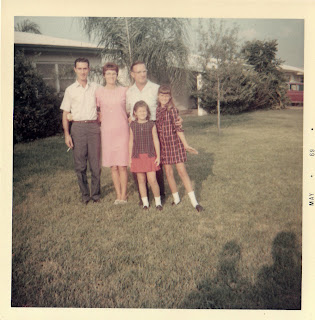
My personal experience with microagression has included more obvious examples of microassults. Dr. Sue explains that microassults are intended purposeful incidents of racism. As a young child I was always picked on by a few particular female peers of color. They would jeer me, call me names, and try to get me in trouble. I was told it was because I was a white girl with long blonde hair, that they were jealous. I don’t know if that is true, but their hateful comments have stayed with me to this day. I did not experience as much subtle or unintended types of microagression, more than likely this is due to the fact that I am part of the dominant culture.
Personally I have had to fight a hard battle against
racism and biases and still struggle with biases to this day. I was raised in
the South where racism is ever prevalent and part of the culture. I was also
raised by a hyper sensitive mother and a racist father. My father was raised in
the North and was not raised around any one of color, no one. So when he moved
to Florida permanently I am sure it was a culture shock and he reacted
adversely to people of color. To this day he will call any one he does not
respect “boy” as a term of intended insult. My mother was more subtle, it was
more about “safety”. She would cross the street, tense up in the ghetto, and
remove me from any situation that seemed inappropriate, which mostly meant any
situation with people of color. Due to the fact that I was raised in such a
racist environment I find myself continuing these types of microagression and
have to purposefully work towards prevention.











